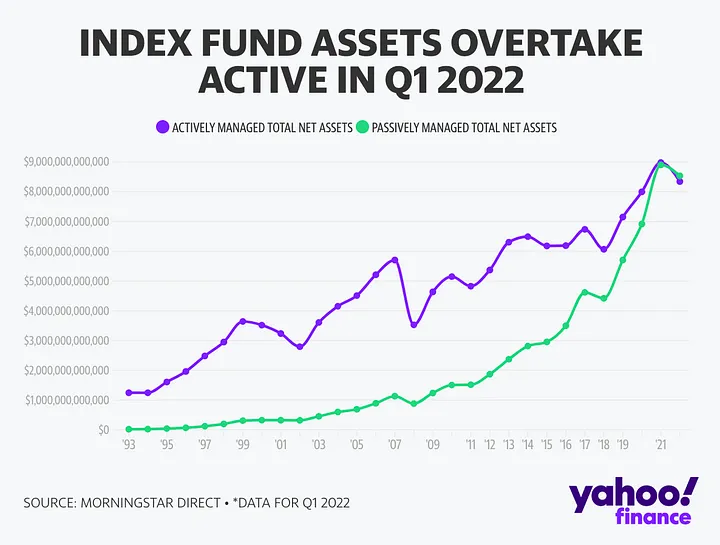Am I mistaken that a strong assumption in ERE and even FIRE is that higher spending is not equivalent to a better lifestyle? Isn't the stated goal of ERE1 WL1-8 to live an equal or better quality of life by spending and working less and then building resiliency (and enjoyment) through skill acquisition?
Hristo Botev wrote: ↑Wed Nov 22, 2023 10:24 am
For the former, taken to the extreme frugality is itself the end, but the healthier view is one of detachment from material things and the freedom (both freedom from and freedom to) that comes with that detachment. So frugality isn't the end, rather it is just a beneficial side effect of the freedom that comes from detachment.
Yes I agree, but this is also a forum where the bar is still set at spending under the U.S. poverty level of income, living on ~10% of your salary. Frugality is not necessarily austerity as much as recognizing the massive amounts of waste that happen in the first world and systematically eliminating it from your life. I argue this leads to a better lifestyle. I.e. detachment from possession where spending is not absolutely minimized is still likely to have one end up pretty low on the consumption possibility frontier currently offered in the first world.
I'm not 100% convinced that economic conditions are significantly worse than they were 15 years ago, but even if they are, maybe you can't ERE on minimum wage anymore (was anyone actually doing this?) and maybe it takes 2 years longer, but that still means one can ERE with the vast majority of jobs and now it takes 7 years instead of 5 or one has to work 7 hours a week forever instead of 5.
To me the genius of this whole thing is learning to live on less in preparation for the strong possibility of greatly reduced future economic opportunity while also increasing (or at least not decreasing) one's current lifestyle.
I think some strategic spending based on what may not be available 10-30 years from now is still in line with this mindset and I don't think someone who is detached from most possession would be unable to FIRE because of this.
Hristo Botev wrote: ↑Wed Nov 22, 2023 10:24 am
I'm not tied in to what the 20-somethings are doing, but through my wife (who has 20-something direct reports) the stories I get are more of the "'soft savings" type --> spend a summer working in the tourist industry so that you can save up enough to spend several months living it up in Bali or wherever until the money runs out, then rinse and repeat.
Is this vastly different than the desired lifestyle of Sally Bowles, but with access to cheap air travel and the resulting geo-arbitrage?
jennypenny wrote: ↑Wed Nov 22, 2023 10:49 am
I'll admit though that I'm more biased towards teaching them to build their own support systems that they can live with indefinitely rather than encouraging them to pursue FI hardcore. I don't assume there will be time later on to teach them what they'll need to know as society tumbles down the industrial staircase. Step 1 is solidifying 'well being' (zone 0).
@J&G -- not trying to pick a fight, just explaining how our viewpoints differ.
What? No! I am strongly strongly in favor of working more absolute hours over the course of a lifetime to reduce stress, smooth "leisure consumption" and build resiliency before FI. I don't understand why one wouldn't use the tools of reduced spending to work less almost immediately unless one likes their full-time job or has very strong (almost immediate) economic incentive to keep working (i.e. FI is <3 years away and equally compensated true PT work is not available and FT work is not that awful).
